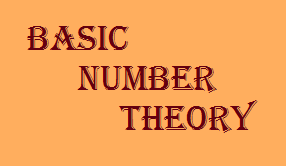

Two numbers in a field that differ by a unit (so-called associated numbers) have one and the same ideal factors. By introducing ideal numbers the theorem on unique factorization in $ k $ holds. These numbers were called ideal by Kummer (since they do not lie in the original field $ k $ ). The concept of an ideal number arises from the fact that if a field $ k $ does not contain prime numbers into which any algebraic integer in $ k $ can be split, then there is a field $ K / k $ of finite degree over $ k $ in which there does exist a collection of numbers that play the role of primes for $ k $. In order to overcome this difficulty Kummer introduced ideal numbers, thus altering the entire structure of algebraic number theory for the future. This was Kummer's first point of view, but Dirichlet pointed out to him that unique factorization need not hold. If there would be unique factorization into prime factors in $ \mathbf Q ( \zeta ) $, then it would have been sufficient to prove that not all prime factors at the left-hand side occur with an exponent that is a multiple of $ p $. Kummer expanded the left-hand side using $ p $ -th roots of unity, and hence the problem was reduced to one about the algebraic integers of $ \mathbf Q ( \zeta ) $, $ \zeta $ a primitive $ p $ -th root of unity.

The set of algebraic integers $ O _ $ in non-zero integers for any prime number $ p > 2 $. The branch of number theory with the basic aim of studying properties of algebraic integers in algebraic number fields $ K $ of finite degree over the field $ \mathbf Q $ of rational numbers (cf.


 0 kommentar(er)
0 kommentar(er)
